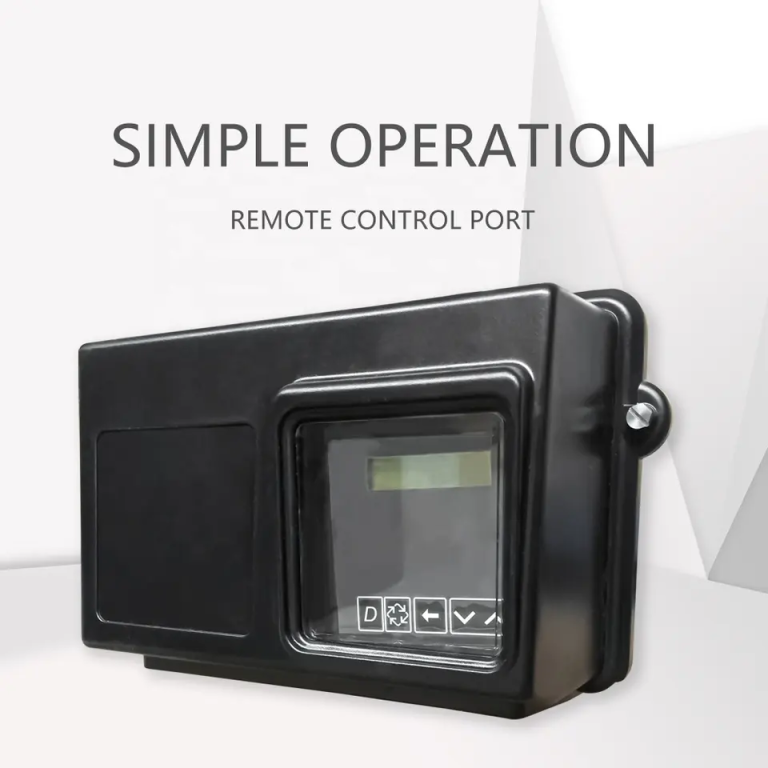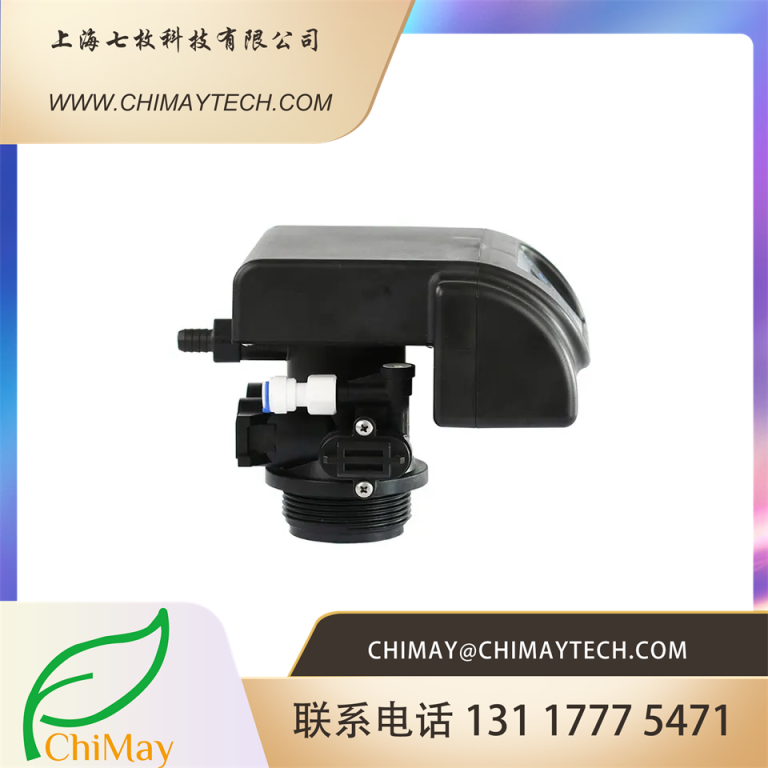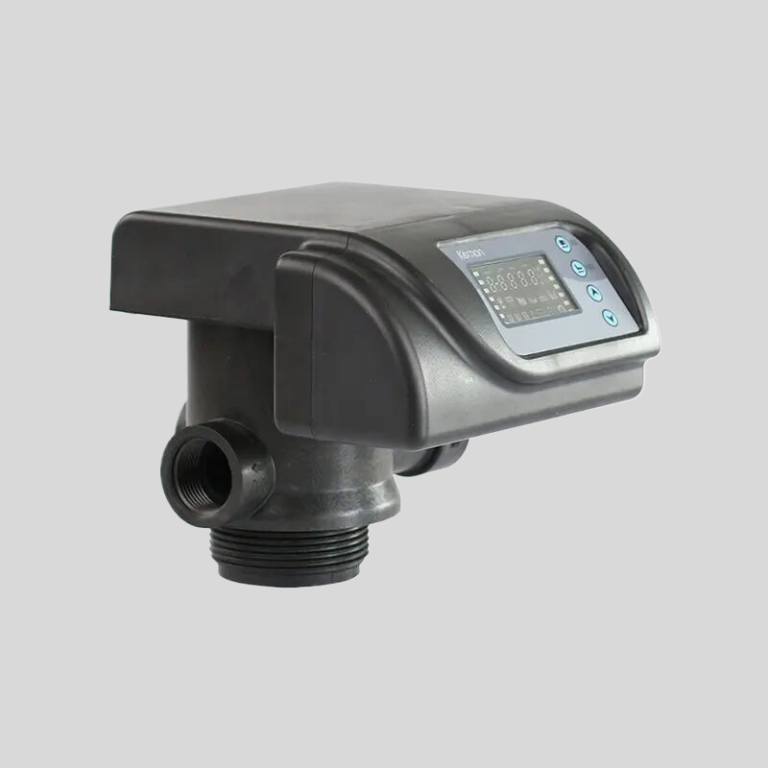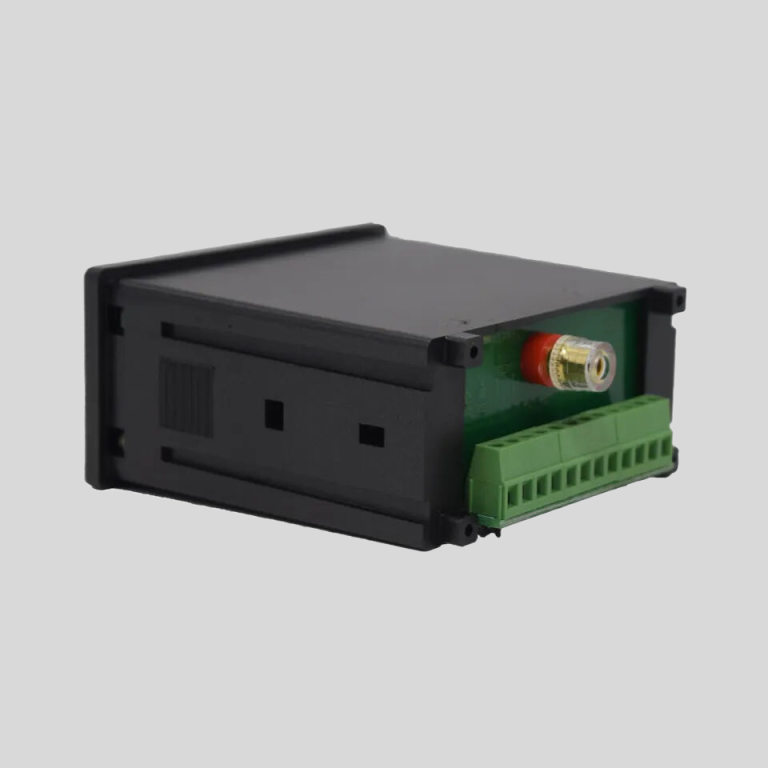“Pure, Clean, and Refreshing: The Ultimate Water Filtration System”
Comparing the Top Water Filtration Systems: Which One Reigns Supreme?
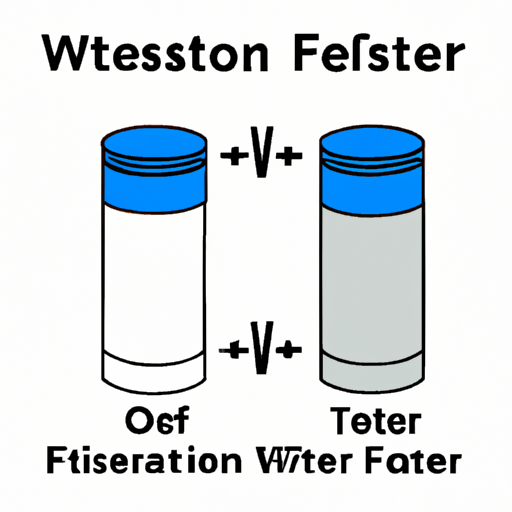
Water is an essential resource for our daily lives, and ensuring its quality is of utmost importance. With the increasing concerns about contaminants in tap water, many people are turning to water filtration systems to provide clean and safe drinking water. However, with so many options available on the market, it can be overwhelming to choose the best one. In this article, we will compare the top water filtration systems to determine which one reigns supreme.
One of the most popular water filtration systems is the activated carbon filter. This type of filter uses activated carbon to remove impurities and improve the taste and odor of water. It is effective in removing chlorine, volatile organic compounds (VOCs), and some heavy metals. However, it may not be as effective in removing certain contaminants like bacteria and viruses. Additionally, the lifespan of activated carbon filters is relatively short, requiring frequent replacement.
Another commonly used water filtration system is the reverse osmosis (RO) system. This system uses a semipermeable membrane to remove a wide range of contaminants, including bacteria, viruses, heavy metals, and dissolved solids. It is highly effective in producing clean and pure drinking water. However, the RO system can be quite expensive to install and maintain. It also wastes a significant amount of water during the filtration process.
A third option to consider is the ultraviolet (UV) water filtration system. This system uses UV light to kill bacteria, viruses, and other microorganisms in the water. It is highly effective in disinfecting water and does not require any chemicals. However, it does not remove other contaminants like heavy metals or chemicals. Therefore, it is often used in combination with other filtration systems for comprehensive water treatment.
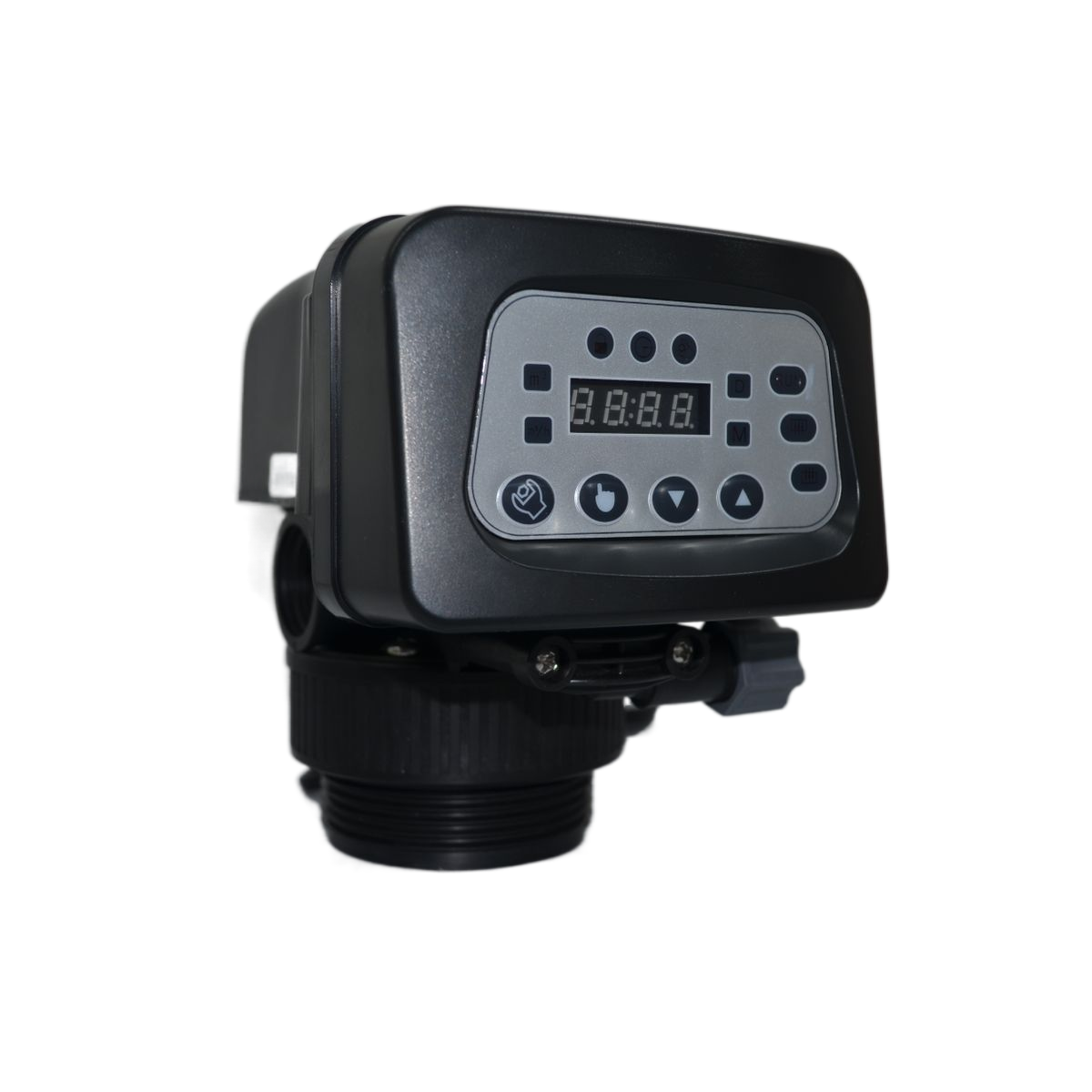
Next, we have the distillation water filtration system. This system works by boiling water and then condensing the steam to remove impurities. It is effective in removing bacteria, viruses, heavy metals, and other contaminants. However, it is a slow process and requires a significant amount of energy. It also removes beneficial minerals from the water, which may need to be added back in.
Lastly, we have the ceramic water filtration system. This system uses a ceramic filter to trap contaminants and improve water quality. It is effective in removing bacteria, protozoa, and some sediments. However, it may not be as effective in removing chemicals or heavy metals. Ceramic filters also require regular cleaning to maintain their effectiveness.
| Mode | MF2 | MF2-H | MF4 | MF4-B | MF10 | AF2 & AF2-H | AF4 | AF10 |
| Regeneration mode | Manual | Automatic | ||||||
| Timer by day: 0-99days | ||||||||
| Timer by hours: 0-99hours | ||||||||
| Inlet | 3/4” | 3/4” | 1” | 1” | 2” | 1/2”, 3/4”, 1” | 1” | 2” |
| Outlet | 3/4” | 3/4” | 1” | 1” | 2” | 1/2”, 3/4”, 1” | 1” | 2” |
| Drain | 3/4” | 3/4” | 1” | 1” | 2” | 1/2”, 3/4”, 1” | 1” | 2” |
| Base | 2-1/2” | 2-1/2” | 2-1/2” | 2-1/2” | 4” | 2-1/2” | 2-1/2” | 4” |
| Riser pipe | 1.05”OD | 1.05”OD | 1.05”OD | 1.05”OD | 1.5”D-GB | 1.05”OD | 1.05”OD | 1.5”D-GB |
| Water Capacity | 2m3/h | 2m3/h | 4m3/h | 4m3/h | 10m3/h | 2m3/h | 4m3/h | 10m3/h |
| Working Pressure | 0.15-0.6MPa | |||||||
| Working Temperature | 5-50 °C | |||||||
| Power Supply | AC100-240V/50-60Hz DC12V-1.5A | |||||||
In conclusion, each water filtration system has its pros and cons. The activated carbon filter is affordable and improves taste and odor, but may not remove all contaminants. The reverse osmosis system is highly effective but expensive and wasteful. The ultraviolet system is great for disinfection but does not remove other contaminants. The distillation system is effective but slow and energy-intensive. The ceramic filter is affordable and removes bacteria but may not remove all contaminants. Ultimately, the best water filtration system depends on your specific needs and priorities. It is important to consider factors such as the types of contaminants in your water, your budget, and the maintenance requirements of each system. By carefully evaluating these factors, you can make an informed decision and choose the water filtration system that reigns supreme for you.

